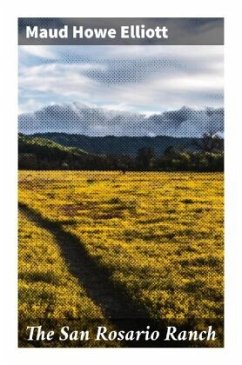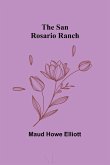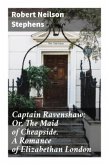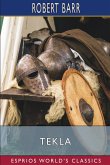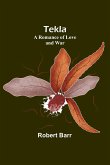In "The San Rosario Ranch," Maud Howe Elliott explores the intricacies of life on a California ranch in the late 19th century, intertwining vivid descriptions and keen psychological insights to create a richly layered narrative. Elliott's prose is characterized by a lyrical quality that captures the diverse landscapes and the fluctuating emotions of its characters, all set against the backdrop of the American West's evolving social fabric. The novel delves into themes such as the clash of cultures, economic aspirations, and familial bonds, offering readers a deep understanding of both personal and collective identities during this transformative period. Maud Howe Elliott, a prominent American author and social reformer, is also known for her extensive travels and engagement with various social issues of her time. Growing up in a prominent New England family, Elliott was steeped in literary culture and was influenced by her experiences living in different parts of the country. This diverse background is evident in her writing, where she often grapples with societal changes and human relationships, leading her to craft a compelling narrative that is both reflective and prescient. For readers seeking a profound exploration of character and landscape within a historical context, "The San Rosario Ranch" is a must-read. Elliott's nuanced storytelling not only provides entertainment but also invites reflection on the complexities of human experience in a rapidly changing world. This novel stands as a testament to her ability to bridge the personal with the universal, making it a valuable addition to any literary collection.
Bitte wählen Sie Ihr Anliegen aus.
Rechnungen
Retourenschein anfordern
Bestellstatus
Storno

